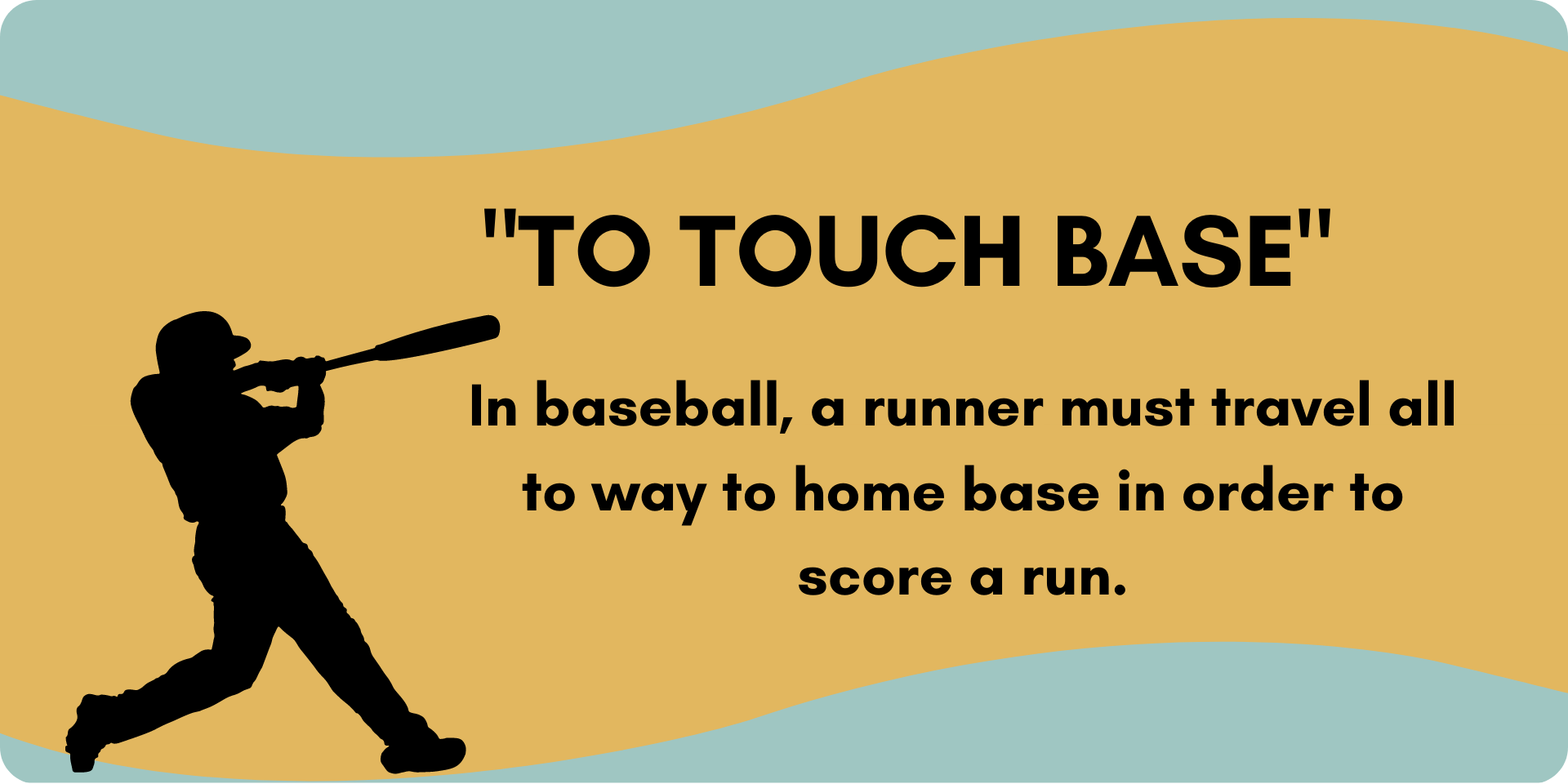- The idioms “at all costs” and “at any cost” are interchangeable
- The acceptable way to spell “at all costs” is in the plural form (with an ‘s’ at the end)
“At all costs” and “at any cost” are two versions of the exact same idiom. An idiom is a word or phrase with a figurative definition that is not quickly concluded from its literal definition. Often using illustrative imagery or analogies, common idioms are words and phrases used in the English language to share a succinct idea and are often spoken or considered casual or everyday conversational. English idioms can describe emotion quicker than a phrase that has a literal meaning, even when the etymology or root of the idiomatic expression is lost.
An idiom is a symbolic figure of speech, and it is understood that it’s not a use of literal terminology. Figures of speech, like an often-used metaphor, have connotations and meanings that go beyond the literal definition of the words. Mastering the turn of phrase of an idiom, which may include slang words or other parts of speech, is critical for the English learner.
It can be challenging for many individuals whose first language is not English to understand idiomatic expressions and idiomatic language. Common phrases like in a blue moon, when pigs fly, spill the beans, hit the nail on the head, silver lining, barking up the wrong tree, face the music, back to the drawing board, kick the bucket, under the weather, let the cat out of the bag, raining cats and dogs, and piece of cake, are hard to decipher because they try to translate them word for word, which produces only the literal meaning. English phrases that are idioms should never be taken literally. In addition to understanding vocabulary and grammar, one must comprehend the rhetoric of the figurative language of idiomatic phrases to know English as well as a native speaker; it is valuable to maintain a list of phrases or common and popular expressions to memorize that are used figuratively. We’ll examine the meaning of the idioms at all costs and at any cost, as well as where they came from and some examples of their idiomatic use in sentences.
“At all costs” and “at any cost” are two idioms that depict a situation in which the speaker is inclined to do anything to attain a goal. No matter how considerable the effort, no matter the price, or what the speaker may have to sacrifice, the speaker is willing to do whatever it takes to accomplish something. The phrases at all costs and at any cost came into use in the mid-1800s. Interestingly, the word cost in these two phrases may be a vestige of a definition of cost that has gone out of style. An early meaning of cost was way, or course of action.
Examples:
What to avoid: The corn dog. It is disturbingly large, with overly sweet cornbread and a mushy hot dog center. Shun at all costs. – The New York Times Sports
“I think it’s important to make time for business lunches. It’s 90 minutes that you can use to take a break and network with prospects and colleagues. I avoid breakfast at all costs. Morning is not my prime.” – Forbes
They realized they had friends in common, and became fascinated with each other. “At the time, Audrey was pretty punk,” Ms. Dunham said. “I had it on good authority that she had pierced her nose with a safety pin at camp, and she had three fat blue streaks in her hair. I wanted in at any cost.” – The New York Times
“Tymoshenko’s priority is to be in power at any cost.” – The Economist
Want to sharpen your business writing skills? Discover our acclaimed online courses at syntaxtraining.com. Whether you want to learn about taking taking meeting notes, become a master proofreader, master punctuation or tune-up your business writing skills, our courses are here to help you.






